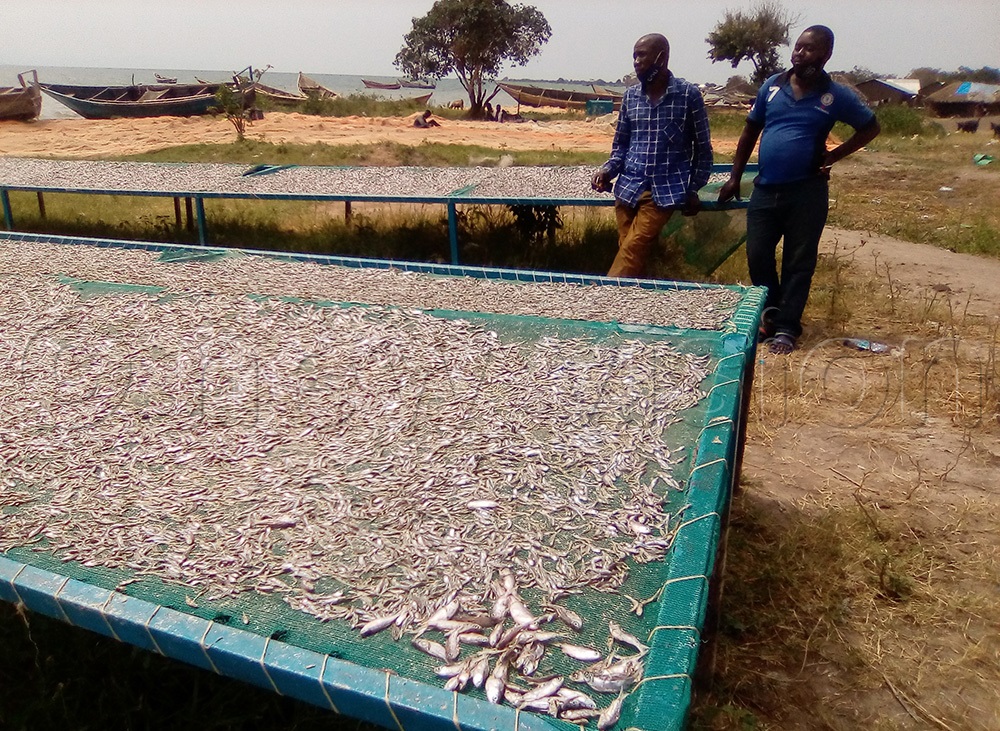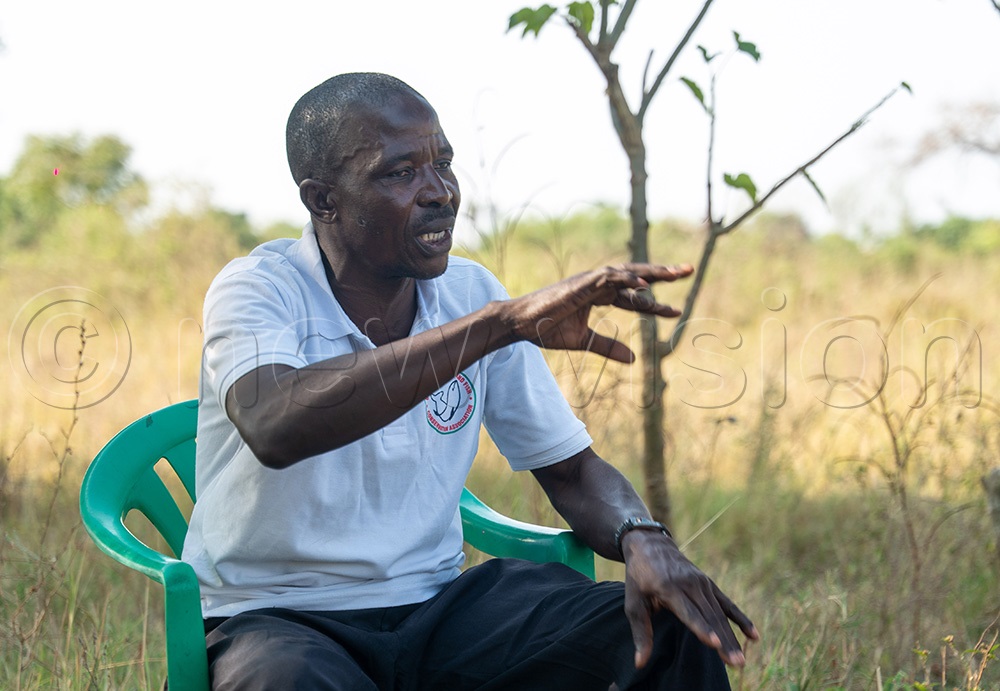Museveni call for indigenous to manage lakes long overdue, say communities
The President’s directive to empower indigenous fishing communities to lead lake management has sparked hope among Ugandans whose livelihoods and cultural identity hinge on these ecosystems.
Fishermen rowing their boat as they head out to fish on Lake Albert. (Photo by Peter Abaanabasazi)
___________________
President Yoweri Museveni’s call for indigenous communities to manage lakes is long overdue, several fishing communities’ residents have said, hailing it as a vital step toward restoring traditional stewardship of Uganda’s water resources.
The President’s directive to empower indigenous fishing communities to lead lake management has sparked hope among Ugandans whose livelihoods and cultural identity hinge on these ecosystems.
During a consultative meeting with fishing communities in Jinja city on August 7, 2025, Museveni emphasised that local knowledge is key to sustainable fishing, urging indigenous groups to collaborate with investors and a new Fishing Protection Unit (FPU) to conserve breeding zones.
Fishermen watching over their mukene (silverfish) dry at the shores of Lake Albert in Kaiso Landing site. (Photo by Peter Abaanabasazi)
“Let us organise this sector and return the army to barracks,” he said, framing community-led management as a long-term strategy to replace military interventions.
Long overdue
For generations, indigenous communities like those in the districts of Buliisa and Hoima have relied on Lake Albert for survival, yet they’ve been excluded from decision-making about its management.
Now, John Gafabusa, 60, a Buliisa fisherman and chairperson of the Association of Custodians of Sacred Natural Sites in Uganda, says Museveni’s directive is a decade overdue.
“We’ve been sidelined despite knowing the lake’s seasons, breeding grounds, and traditional rules that kept it healthy,” he said. “Now, maybe our voices will count.”
Abundance will return to the waters
Fishermen like Badru Katanda of Butiaba Landing Site praised the move, recalling a time when local practices ensured abundance.
“When we managed the lake, we had fishing holidays of two weeks to let stocks recover. Now, non-Ugandan fishers exploit it without following laws,” he said.
Ogen Becker, LC1 chairperson of Hoima’s Rwentale Landing Site, blamed overfishing for depleting stocks, adding that, “Indigenous management will curb illegal practices and protect our livelihoods.”
Cross-border fishing challenge
The Bunyoro Kitara Kingdom, which has long advocated for local control, welcomed the directive. Kingdom prime minister Andrew Byakutaga said it could finally curb cross-border overfishing.

John Gafabusa speaking during an interview with New Vision. (Photo by Peter Abaanabasazi)
“Our people follow laws, but outsiders ignore them. Indigenous leadership will ensure accountability,” he said.
The African Institute for Culture and Ecology (AFRICE) sees the directive as a chance to revive cultural governance systems.
Executive director Tabaro Dennis Natukunda says indigenous practices, such as protecting sacred sites and traditional seed varieties, offer proven solutions for sustainable resource management.
“This isn’t just about fishing, it is about empowering Ugandans to take ownership of their heritage and ensure lakes thrive for generations,” he said, pledging collaboration with communities to develop conservation plans.
Resources and clarity needed
While optimism is high, communities urge clarity and resources. Fisherfolk demand guidelines, training and tools to enforce regulations.
“If given the mandate, we’ll protect the lake not just for fishing, but for life itself,” Aaron Kiiza, a 93-year-old Bagungu chief custodian, said.